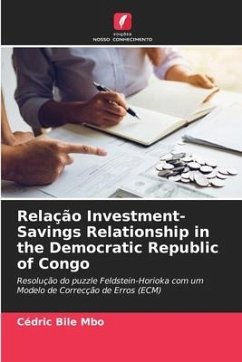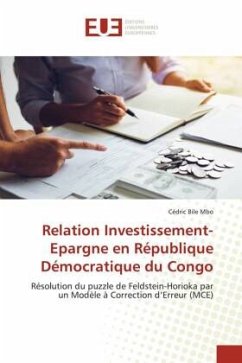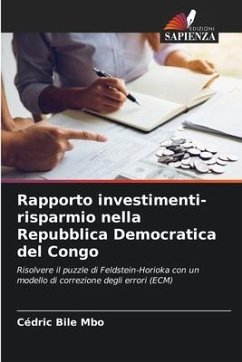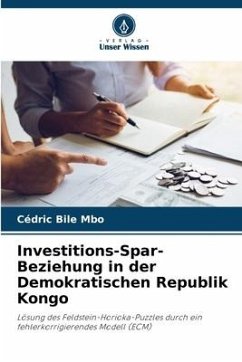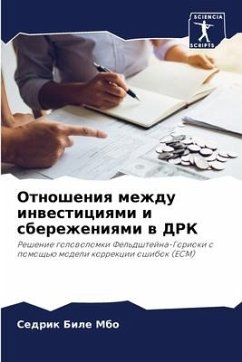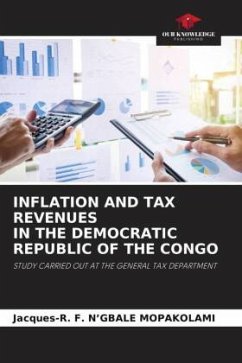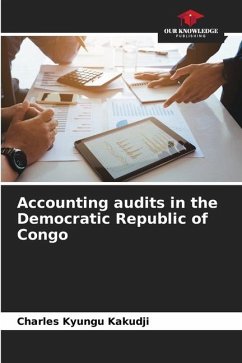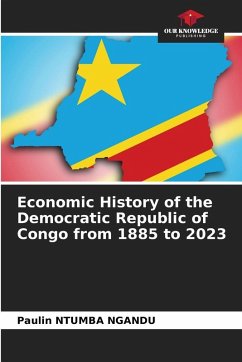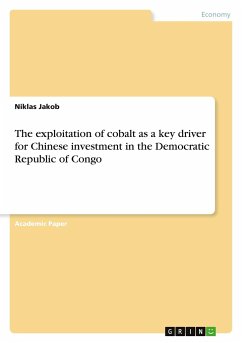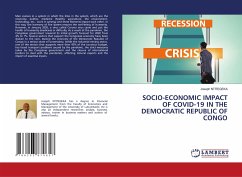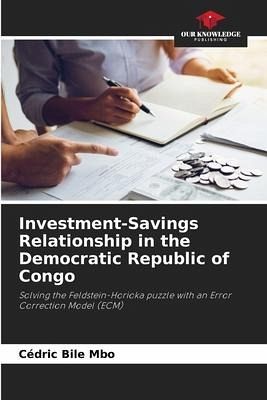
Investment-Savings Relationship in the Democratic Republic of Congo
Solving the Feldstein-Horioka puzzle with an Error Correction Model (ECM)
Versandkostenfrei!
Versandfertig in 6-10 Tagen
53,99 €
inkl. MwSt.

PAYBACK Punkte
27 °P sammeln!
The DRC's economic performance has been weak since independence. One of the main reasons for this is low investment, which in turn is the result of low savings. But then, does stimulating savings increase investment and economic growth in the DRC? This is only possible if there is a strong correlation between savings and investment. However, this correlation may be weak because of the international mobility of capital. Indeed, in the 1980s, Feldestein and Horioka attempted to measure this correlation on a sample of 16 OECD countries between 1960 and 1974, showing that in reality investment rat...
The DRC's economic performance has been weak since independence. One of the main reasons for this is low investment, which in turn is the result of low savings. But then, does stimulating savings increase investment and economic growth in the DRC? This is only possible if there is a strong correlation between savings and investment. However, this correlation may be weak because of the international mobility of capital. Indeed, in the 1980s, Feldestein and Horioka attempted to measure this correlation on a sample of 16 OECD countries between 1960 and 1974, showing that in reality investment rates are very dependent on savings rates and emphasizing that developed countries do not participate in capital mobility.Since then, the analysis of the correlation between savings and investment has been the subject of recurrent studies, mainly in rich countries, making the Feldstein-Horioka article one of the six major puzzles in international macroeconomics.



